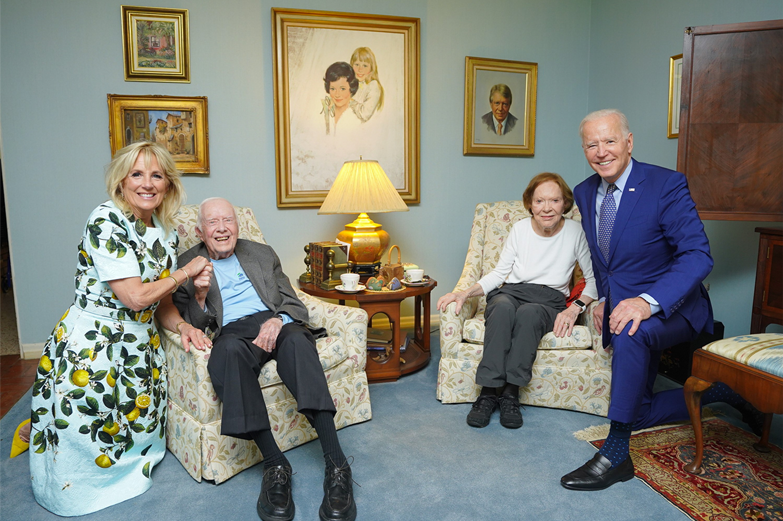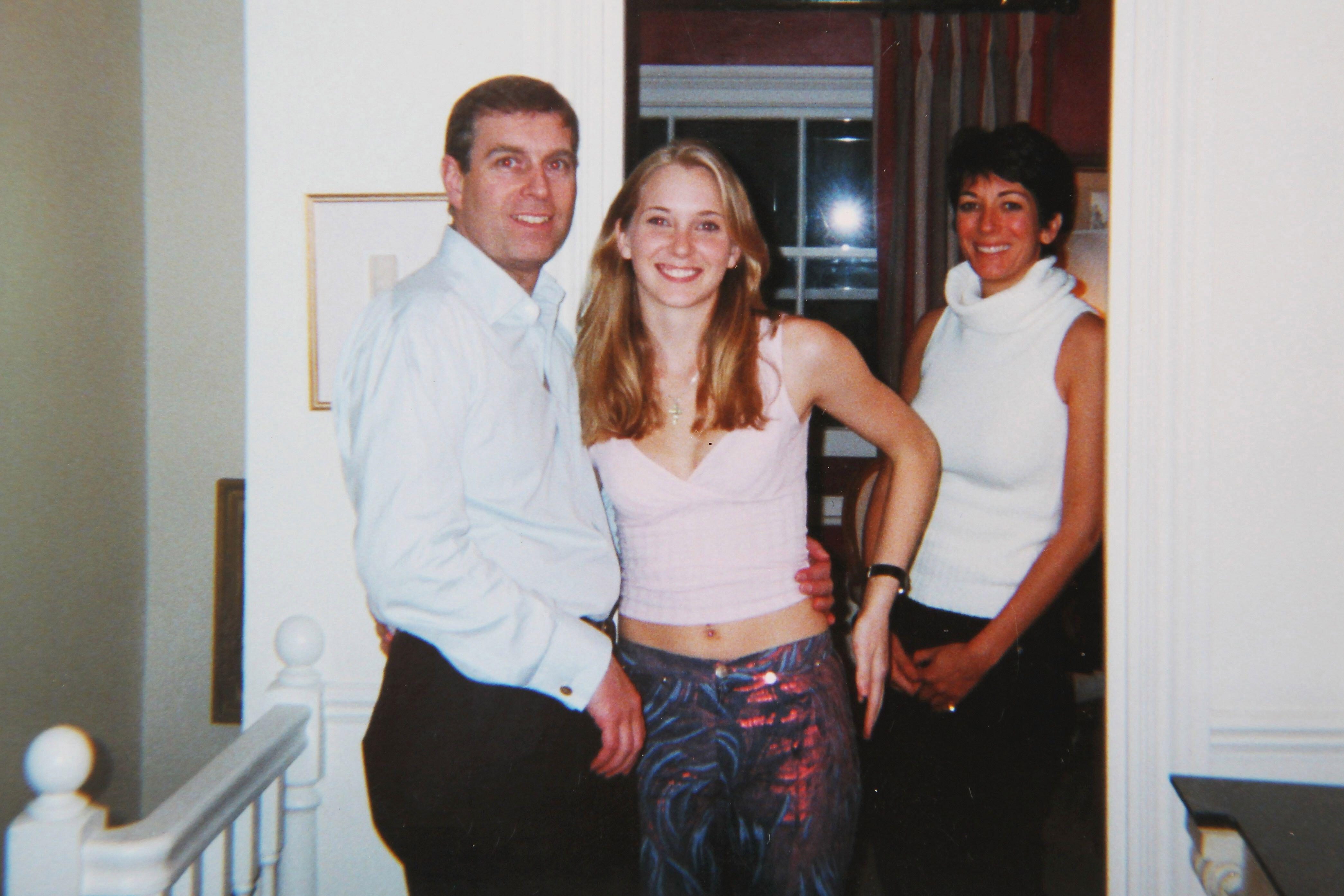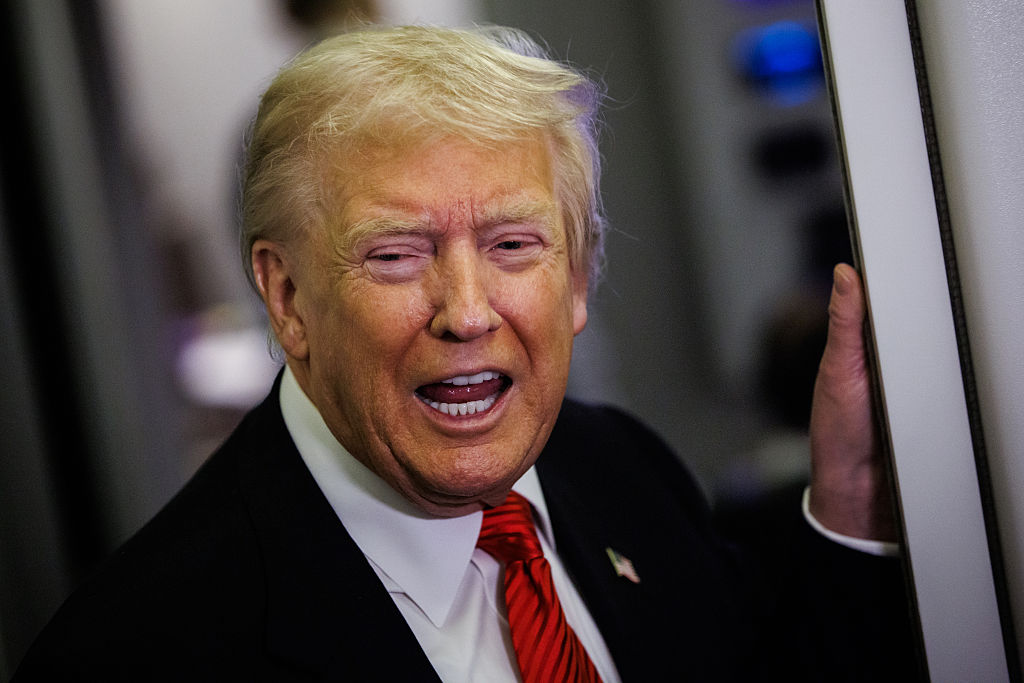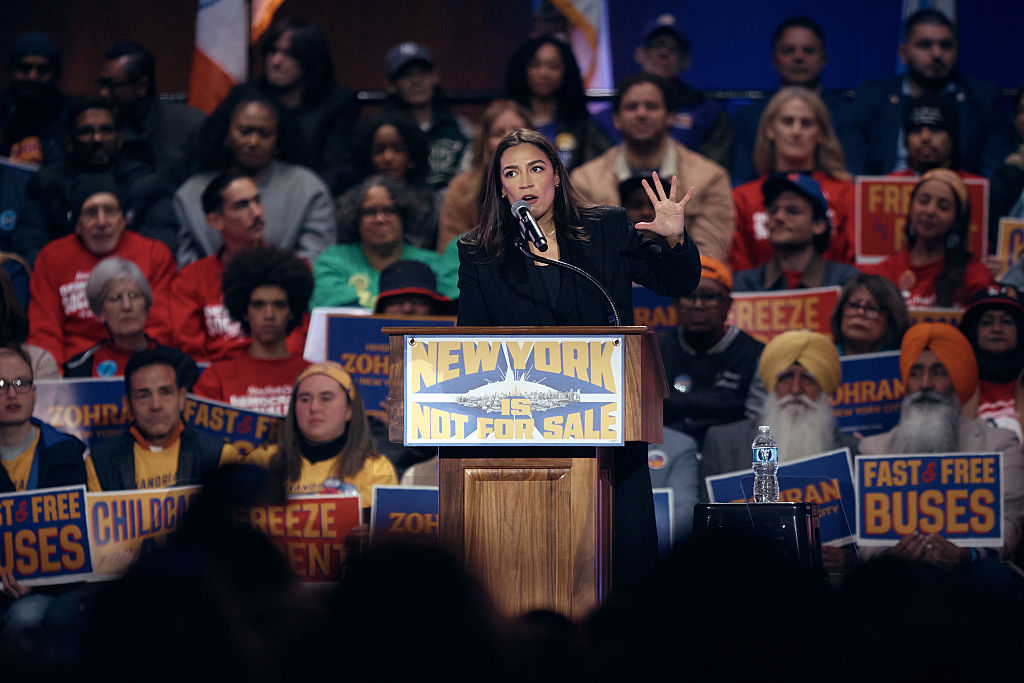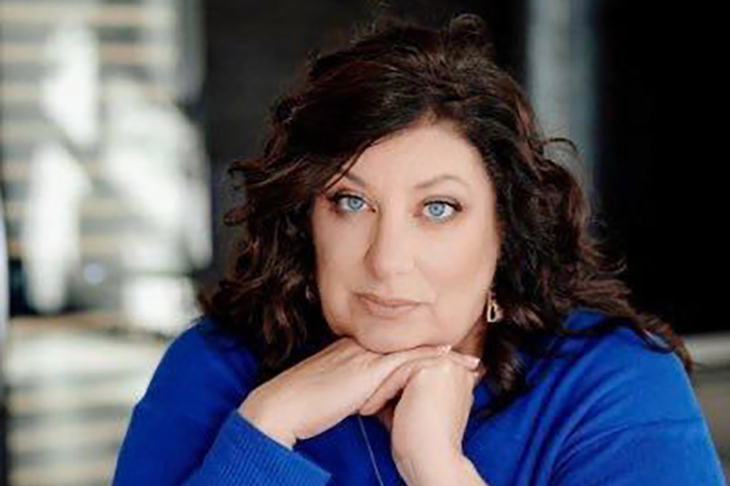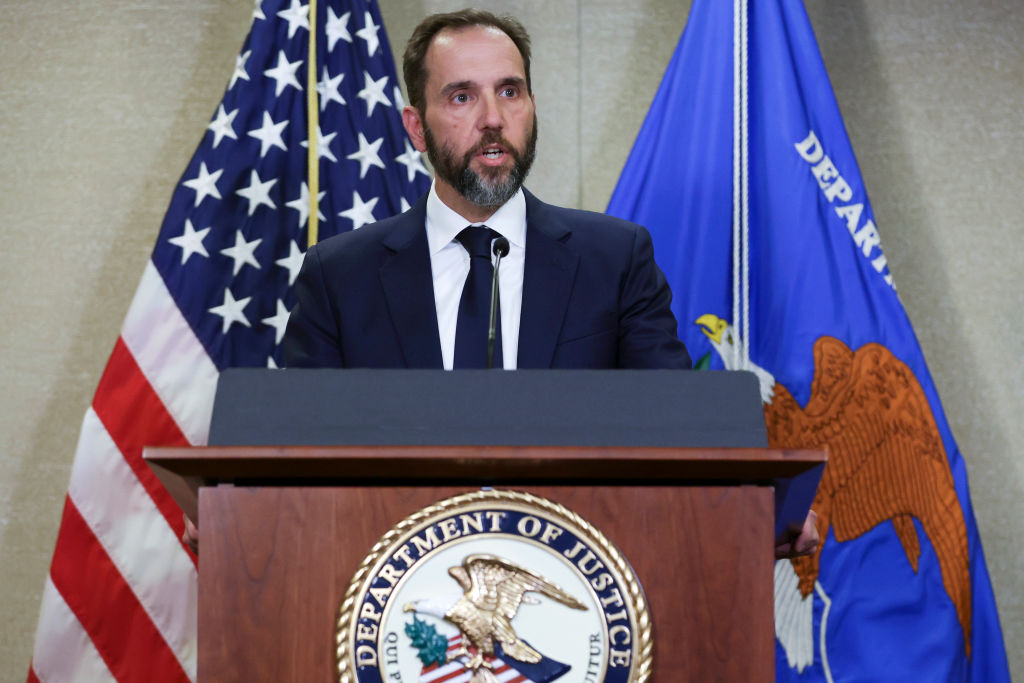The word malaise, a general feeling of uneasiness whose exact cause is difficult to identify, is creeping into discussions. It’s a politically loaded word, following its use by President Jimmy Carter in 1979 to describe the country he could not figure out to how lead.
Carter’s specific use of the term focused on the energy crisis, when OPEC monkeyed with America’s oil supply. But Carter saw that something much deeper was wrong. There wasn’t just an oil shortage to manage, but a recession of hope, a crisis of confidence that someone would have to lead America out of. He perceived that we were tired, worn down, unable to come together in common purpose and fix something.
It would be interesting to hear what Carter thinks about 2021, when things once again don’t work well. Flights don’t fly. Inflation has returned. Gas is expensive. Supply chain problems mean Americans for the first time since World War Two are rationing and getting used to hearing ‘we don’t have any and aren’t sure when we will’. Unemployment plagues us as COVID tore the wool off of many Americans’ eyes about how little meaningless jobs for sub-living wages contributed to their piggy banks or their sense of self-worth. Nurses who were last year’s heroes for working unvaccinated are fired today for being unvaccinated.
There appears no end to COVID. The promised conclusion, the vaccine, proved as rich a lie as two weeks to flatten the curve. Even fully vaccinated people are prisoners to restrictions and mandates that often make no sense, or at the very least vary so much from state to state as to challenge their usefulness. There is little faith that the economic devastation caused by mismanaged restrictions will ever be addressed; the poor will just get poorer. There is a declining sense that COVID is a problem that can be managed as it has been in much of the world (see Europe, especially Scandinavia). The conclusion is that no one is really in charge.
Economic inequality has risen to where there are two systems, one for the wealthy and one for most of the rest of us, for everything. Education, healthcare, travel, shopping, how you are treated by the law, where you can eat or entertain yourself, and what masking rules apply to your social events. Diseases of despair, suicide, alcohol, and drug overdoses have driven a drop in our life expectancy.
Is there anyone who can claim, in the American tradition, that they are confident of a better future?
Looking for leadership, Americans come up short. The best our system could produce last election was two geriatric candidates. Biden, elected, has done little to move the nation past COVID. He hid behind our national exhaustion with Afghanistan to not suffer a greater political defeat over the botched Gotterdammerung in Kabul. His open borders policy created a massive humanitarian crisis and a growing political one as an unknown number of immigrants play a version of Squid Game to flood America. The Border Patrol marked its highest monthly total of migrant encounters since Bill Clinton was president.
The president can’t even exercise leadership over his own party. It appears his signature infrastructure bills and social spending initiatives, if they pass at all, will be more symbolic than transformational. In the background, police reform legislation failed, and most defunded departments have been refunded to face down rising crime. ‘Disappointed’ is likely the term most Biden voters would be apt to use. ‘Bystander’ might be another.
America alongside all this has become a deeply cynical place. We were once, to the annoyance of most of the world, an endlessly optimistic place. Now we take for granted that AOC and the media would be at the border for the Trump Kids in Kages spectacular but missing when an even worse situation unfolds on Biden’s watch. We roll our eyes when the media tells us what we’re hearing isn’t what we’re hearing but instead is ‘Let’s Go, Brandon’. Newspapers will print any Trump gossip but not one Hunter Biden email.
All of this bleeds over into how we interact with each other. Never mind the street fights over whether black lives matter, or the combat on planes and in restaurants. We don’t discuss things, never mind disagree, because we don’t just hate ideas, we hate the people who hold those ideas. When we run out of big issues, we invent microaggressions. We enjoy as classist sport how businesses care so little about their employees they’ll fire them if one of us makes a scene. We video everything in hopes of settling matters by embarrassing someone virally.
How prescient was Jimmy Carter when he made his ‘malaise’ speech in 1979? The seeds he saw being planted have now grown to sad, desperate fruition. What he said then might well describe where we are now:
‘There are two paths to choose. One is a path I’ve warned about tonight, the path that leads to fragmentation and self-interest. Down that road lies a mistaken idea of freedom, the right to grasp for ourselves some advantage over others. That path would be one of constant conflict between narrow interests ending in chaos and immobility.
‘All the traditions of our past, all the lessons of our heritage, all the promises of our future point to another path — the path of common purpose and the restoration of American values. That path leads to true freedom for our nation and ourselves. We can take the first steps down that path as we begin to solve our…problem.’
For all he foresaw in his ferocious tenderness towards America, Carter failed to find a way to lead, and in 1980 suffered complete election defeat at the hands of someone who promised he would. Biden certainly did not create the current malaise in America. But his failures, far too many in too short a time, have not helped fix it. Disappointed and unhappy people vote for change. Never mind all the screeching that Republicans might steal the next election. History suggests they simply will win it.



